| With only about 12 hours turnaround between returning from the NNBY convention and heading out of Nagpur once more, the fact that it was New Year’s Eve seemed pretty academic, and actually, if it hadn’t been for the hearty cries of ‘Happy New Year’ at midnight, I think I would have been completely unaware that it was even happening. We were heading to Raipur on an 06:30 train out of Kamptee (the stop after Nagpur and a little closer to the education centre in Bhilgaon) and this would be my first experience of a different state (Raipur is in Chhattisgarh) as well as on an Indian train. The purpose of our trip was to visit the branch of Aryaloka Computer Education run by ex-Nagpurian students Satish and Sanjaya; to give them a little support and meet the students benefitting from their tuition. We were only scheduled to be there for one night; a fact I queried given the extent of the five hour train journey. Since we were going all that way, I wondered if it would not be better to have at least two nights, maybe spend a bit more time with the students, even run a workshop or two. I was greeted with nonplussed indifference by Aryaketu who couldn’t understand what all the fuss was about. Five hours, he informed me patiently, is not a long train journey. |
| I had been told to expect delays; Indian trains, a bit like Indian everything else, do not run on time. At least, they run in their own time, a unique temporal framework that most Indians seem to tick along quite happily in synch with, but would drive most Europeans to distraction. I can’t remember if our train was due at 06:00 and arrived at 06:30 or was due at 06:30 and arrived at 07:00, which probably goes to show I am making some headway with regards to accepting a more relaxed schedule. Either way, it was only half an hour difference between the roughly predicted arrival time and the reality, which isn’t bad at all, even by British standards. I’ve certainly been delayed longer by trains in England. I found the experience of train travel was equally a lot more pleasant than I had thought might be the case, though I expect this had a lot to do with the fact that we had bought quite expensive tickets to ride in ‘Three Tier AC’. This means the bunks stack three on top of one another (trains seem to be furnished as sleeper carriages by standard, probably due to the sheer distances involved) and the carriage has air conditioning. So, our travel wasn’t quite as swanky as ‘Two Tier AC’, but was a good deal more comfortable than ‘second class’, or even ‘general’ carriages; but then they probably | don’t really need air-conditioning since there’s not usually any glass in the windows. All in all, I really quite enjoyed the train. Once I’d clambered into my drop down bunk (I’d thought I might sit up in it but this wasn’t really an option so I reclined instead), the only thing disturbing the gentle rocking of the train was the calls of various vendors passing up and down the carriage selling ‘CHAI!’, ‘DOSA!’ or, intriguingly ‘CHIPSY BISCUITS!’ Now, I’ve felt desperate for a cup of tea once in a while but I’ve never realised it could be such an urgent business as to require quite so much volume, but never mind. As for the ‘chipsy biscuits’… I’m afraid I unadventurously left those to the imagination. Despite the minor ‘reality shift’ in terms of our departure time, we arrived in Raipur reasonably on schedule and were met by Satish, who had organised a car to take us a local order member’s home. Here, we were greeted with a far more sedate cup of chai before being served lunch. The food was very similar to what I’d been told was standard Maharashtrian fare and I enquired about the difference with Chhattisgarhi dishes. Actually, it turned out the family were Maharashtrians which explained the familiarity! After lunch, we had a little rest before meeting a large group of students in the family’s very impressive shrine room. The young people who had come to meet with us on the first day were all ex-students and had completed their studies with Aryaloka in the previous year. We were keen to meet with them to establish how successful they had been in their post-study ambitions; had they found employment? Were they continuing in study? Had they stayed in Raipur or returned to their villages? A great many of them were still studying, either in the equivalent of English 6th Form and Further Education, still working through their 11th or 12th Standard classes, or in first, second or even third years of BA or BSc courses. |
| There is not currently any provision for full time study as enjoyed by our men’s and women’s communities in Nagpur, however the courses offered by Aryaloka can frequently be fitted in around other commitments. Many of the young people we spoke to on the first day had been able to find employment following the course, often in accounting departments owing to their new skills in the programme Tally, and thanks to this were able to pay their course fees and support themselves whilst studying, or in many cases, pay their course fees, support themselves and financially assist their families, also while studying. It certainly set a contrast against the British system of support during study, despite the changes and controversy in recent years. There is absolutely no expectation or assumed right to education here; there’s no doubt in any mind that it is a privilege to be valued and paid for. The other outstanding observation I made and found very touching was the readiness with which most students expressed their gratitude, not just to the institute that is Aryaloka, but personally to Shakyajata. They were quite open in sharing an awareness that without her support and tuition, they would not be enjoying the benefits of their studies, nor feeling even half as optimistic about the future. Another heart-warming discovery was the perceived role that the Dharma study had played in their development; a majority of the group were quite clear that this was an important element in their studies that had equipped them to deal successfully with many of life’s trials and tribulations in a balanced and trouble-free way. Two groups of young women had even set up their own communities since leaving and were supporting each other in their practice. They told us that this had been a unique benefit of the Aryaloka course, which they would not have found at another education provider. |
| Our schedule for the second day involved saying a grateful farewell to our hosts and their beautiful home. I was most impressed by the gardens; a roof terrace, watered by hand for at least an hour before breakfast and an equally well kept front garden with the first lawn I’ve seen since leaving England! Chhattisgarh seems wetter than Nagpur and is famous for particularly vicious mosquitoes as a result! We then took a car journey into the centre of Raipur to visit the Computer Centre and meet some current students. Sanjay and Satish again welcomed us and we were shown into a building that made me really appreciate the facilities in Nagpur. A tiny little building with not more than 6 or 7 computers and an even smaller general classroom that I think is probably used for English, when a teacher is available. We met with two groups that day, one in the morning and one in the afternoon and just as well too that it was split as we struggled to fit even half the group into the room. It was adequate though, for us to hear their stories, which sounded so very similar to many I have heard since my arrival. It struck me that it was probably not very common for anyone to ask these young people about their lives and regardless of any learning that they may or may not have received, even showing an interest in them was a |
significantly beneficial act. We heard again of lives set against extreme hardship from the start. If someone is considered ‘below poverty line’ in India, by UK standards it doesn’t even bear thinking about. There is no social security. There are no food banks. There is no formal structure to any kind of social responsibility and if you are foolhardy enough to have been born to such a family then, well, you can assume you deserve all that you get. Or don’t get, in many circumstances. As well as hearing from women with impressive academic qualifications who simply need to get some kind of work, regardless of their abilities, we hear from farming families who cannot afford to stay on their farms all year round and commute to the city to scrape together something of a living outside of the growing season. We hear from youngsters whose father has become unable to work due to illness or injury and leave a family of five or six unfed and unhoused if not for the generosity of an uncle here or there. We hear from bereaved single parent families whose housewife mothers are now eking out a meagre income of 2000 rupees a month (that’s about £26) to feed, clothe and shelter their sons and daughters. We hear from these young people that their modest ambitions for the result of the education that they would simply not be able to afford from most colleges, is not to achieve high earning jobs, or social status, or houses, cars and the trappings of wealth. They simply want to learn, so they can earn enough to lift their loved ones out of poverty. I realise while I jot down their stories, trying not to do so with an air of condescension, trying not to feel as though I am engaging in ‘poverty tourism’, that there isn’t the slightest whiff of self-pity from even one of them. I hear stories of lives that would be considered reason enough to be utterly broken in England, that would be presented as tales from rock bottom, shattered families who would might give their hardships as reason, if not full justification for crime, for mental illness, for dependency on the welfare state. And yet from these perspectives I hear nothing but optimism, the belief that this opportunity, this education that they would not otherwise have access to, is perhaps the greatest gift they could have received, luck beyond all reasonable hope and all the help they need to build their futures stronger and brighter and happier for themselves and those with whom they live. It’s hard not to feel a sense of shame or embarrassment for my own historical excuses or failed motivations as I am cast into the shadows by such radiant self-determinism.
I notice too, that in the west, we seem to have developed this need to appear busy, to be seen as productive at all costs, stress becomes almost a badge of honour. If you’re working so hard, it must be admirable, you must be making a contribution to the world around you, and yet in reality, genuine productivity does not always seem to correspond proportionately to such lifestyles. In India however, I have met people who seem to think nothing whatsoever of getting up at five every morning to carry out household tasks before travelling an hour to college, then on to work and back home in the evening to study more before perhaps going to bed at midnight, on a good day. Six days a week. There is no implied martyrdom. There is no subtle expectation of impressed awe. This is simply how it must be. There is a desired goal, this is the path that leads to it and that is all there is to be said on the matter. Of course, I am coming from an outside perspective and I don’t necessarily pick up on all the finer points of communication or social interaction that might betray less stoical attitudes but still it is impressive and a lesson I can only aspire to learn from.
I notice too, that in the west, we seem to have developed this need to appear busy, to be seen as productive at all costs, stress becomes almost a badge of honour. If you’re working so hard, it must be admirable, you must be making a contribution to the world around you, and yet in reality, genuine productivity does not always seem to correspond proportionately to such lifestyles. In India however, I have met people who seem to think nothing whatsoever of getting up at five every morning to carry out household tasks before travelling an hour to college, then on to work and back home in the evening to study more before perhaps going to bed at midnight, on a good day. Six days a week. There is no implied martyrdom. There is no subtle expectation of impressed awe. This is simply how it must be. There is a desired goal, this is the path that leads to it and that is all there is to be said on the matter. Of course, I am coming from an outside perspective and I don’t necessarily pick up on all the finer points of communication or social interaction that might betray less stoical attitudes but still it is impressive and a lesson I can only aspire to learn from.
| Our Raipur trip ended with a meal at the station before another, slightly delayed but generally comfortable journey home to Nagpur. The station fare may not have been the highest quality sustenance I have enjoyed in my time here, but I was left with enough food for thought to see me through. I found it genuinely impressive to see how Aryaloka operates in Raipur; it may be a smaller centre and not yet developed to the same degree but already the positive results of the work being carried out there are palpable and those who have benefitted are more than capable of voicing their genuine gratitude for the meaningful opportunities they have been given. That the Raipur centre is run by two ex-students from the residential courses in Nagpur also demonstrates just how far reaching the work of Young Indian Futures continues to be. It’s often easy to forget the scope of ones’ actions, it’s easy to miss taking into account anything that doesn’t happen directly in front of you and as a teacher it is common to end up wondering really just how much difference you’re making. This trip was a wonderful opportunity to realise though, just how far even small acts of positivity can spread, how a single seed of learning can germinate into fruit that not only benefits the student, but also improves the lives of those around them in so many ways. |
Though it was a short trip, it was an important one and it will be remembered; if not only for establishing the truth behind the reputedly fierce Chhattisgarh mosquitoes; it may have taken me nearly a fortnight to get this update written but I’ve still got some fading bites to keep the memories of Raipur alive!
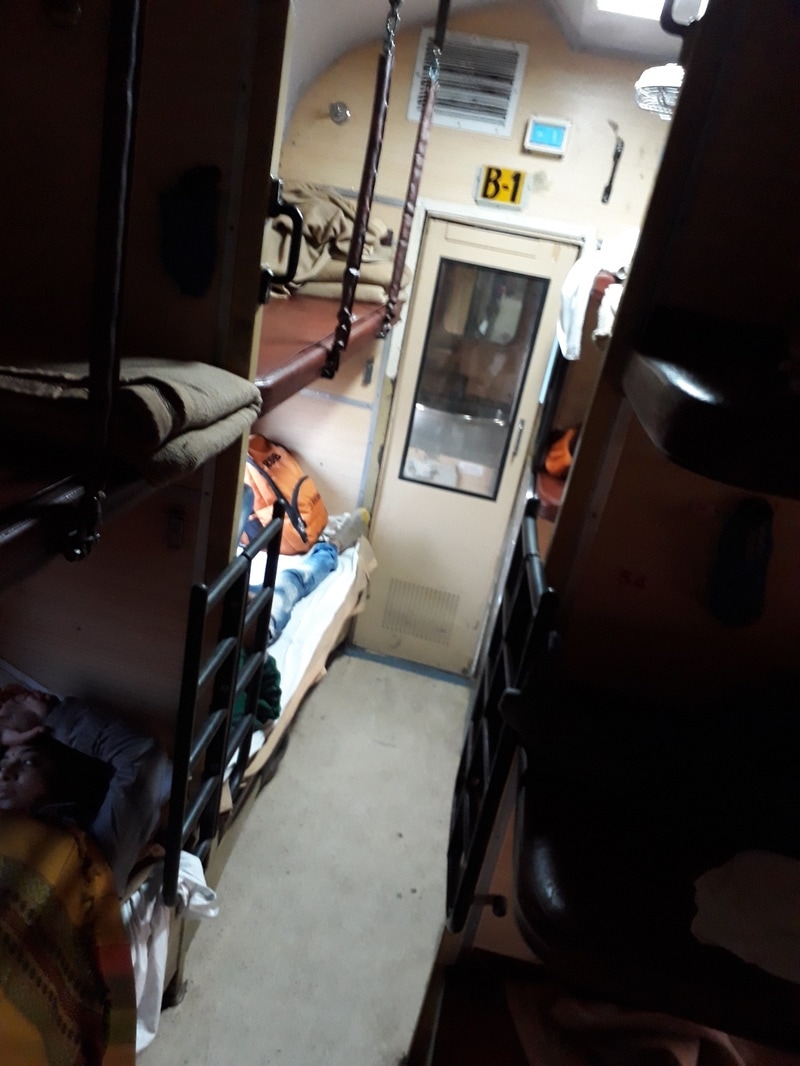
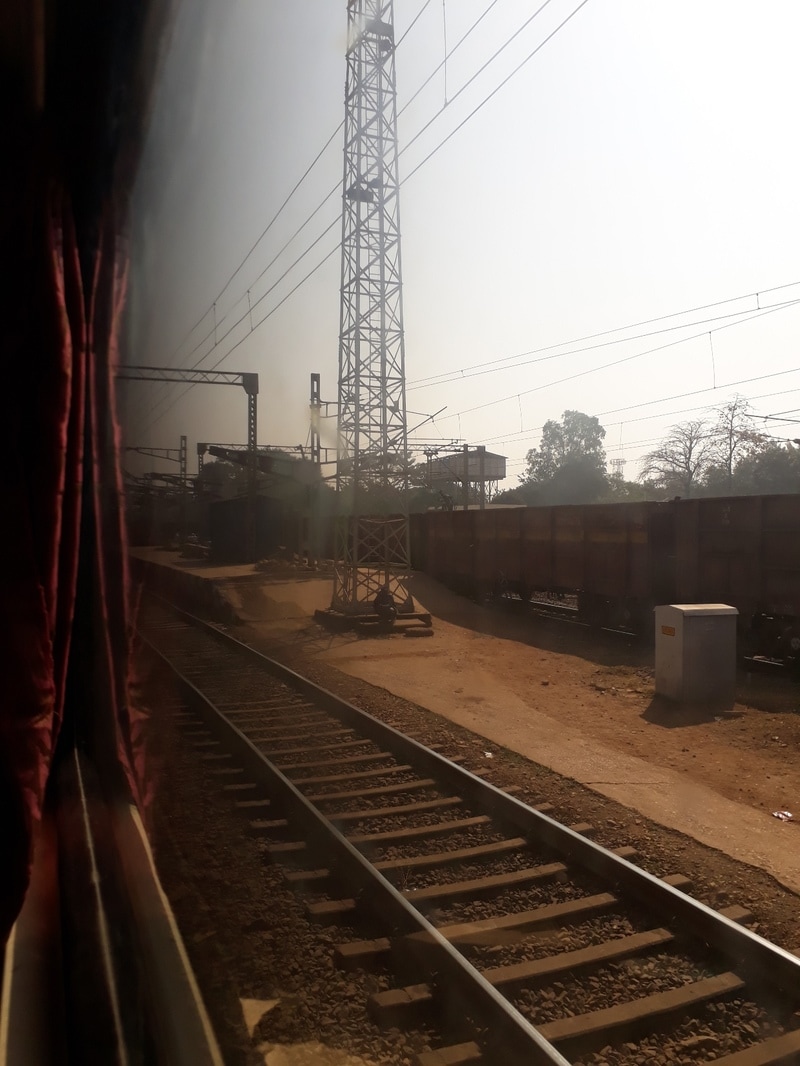
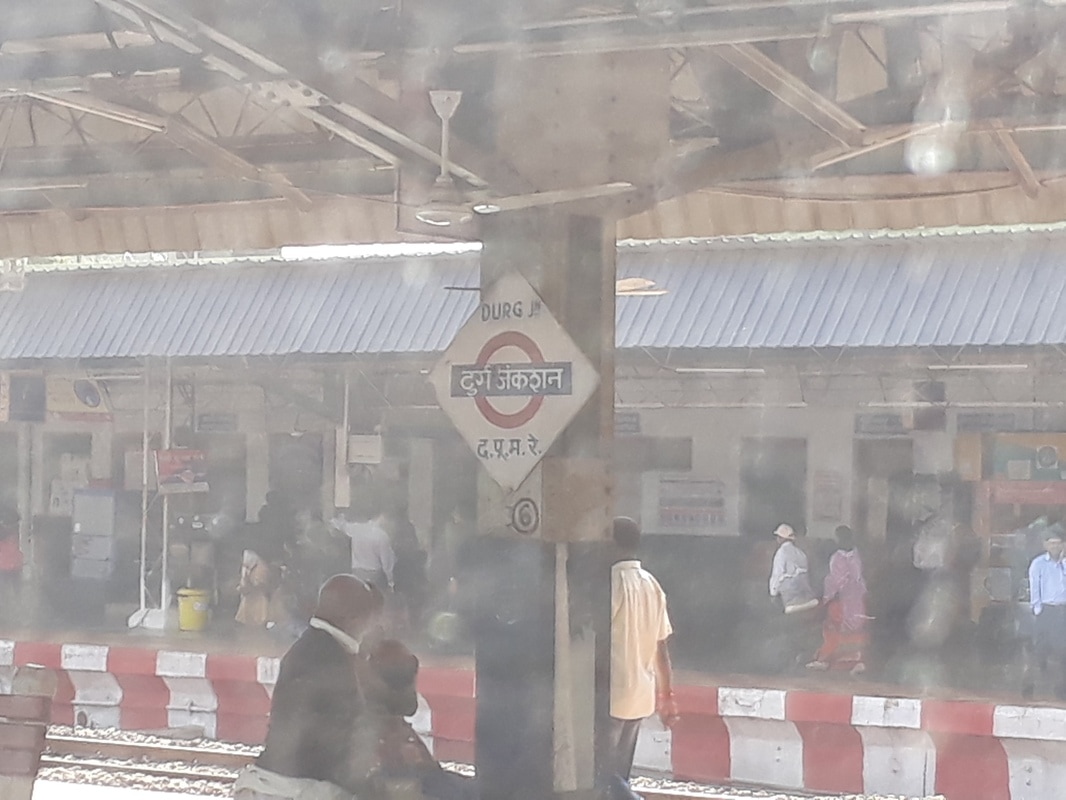
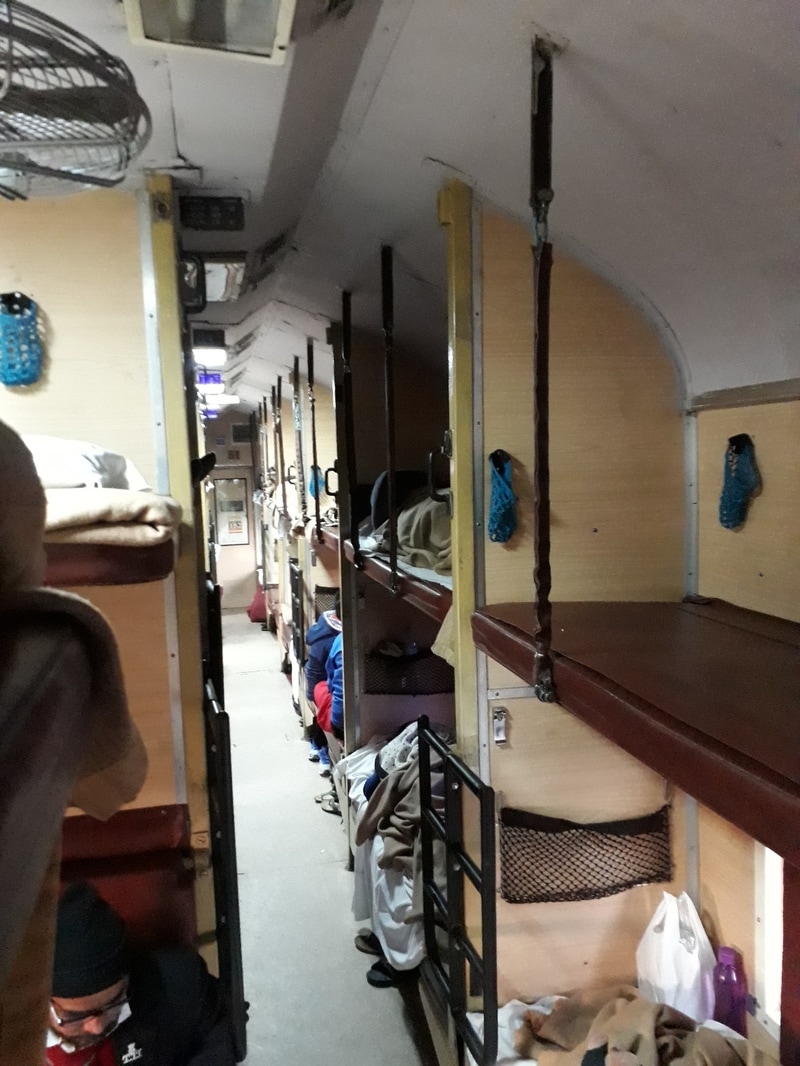
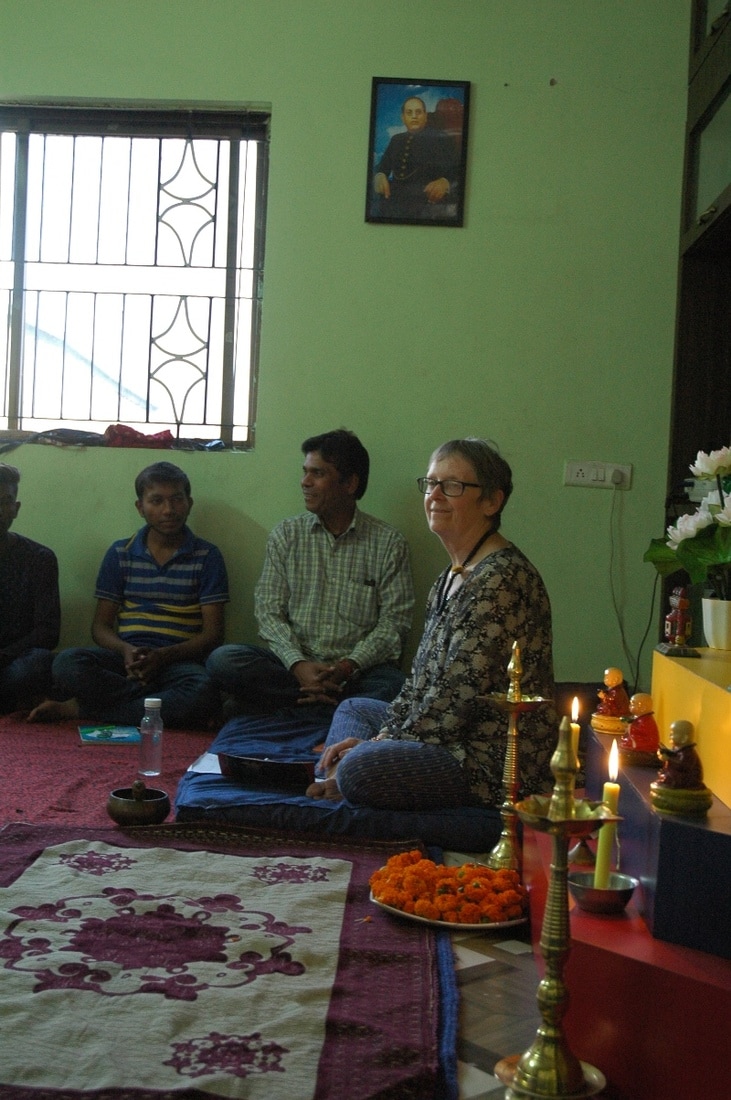
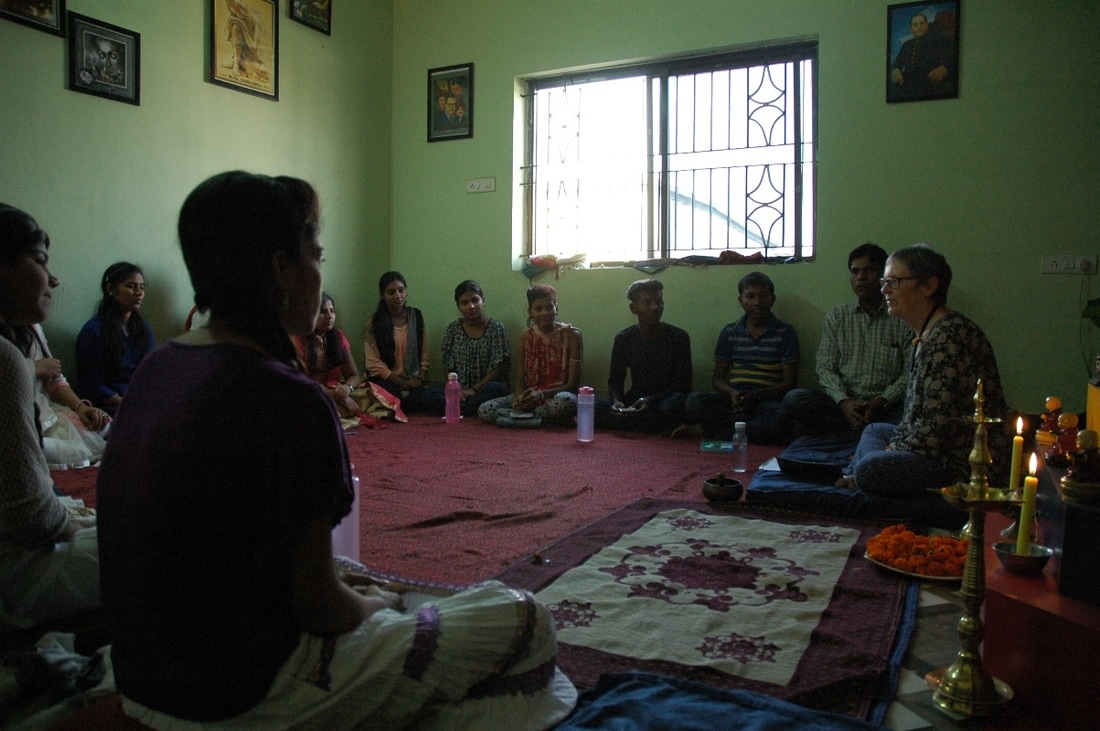
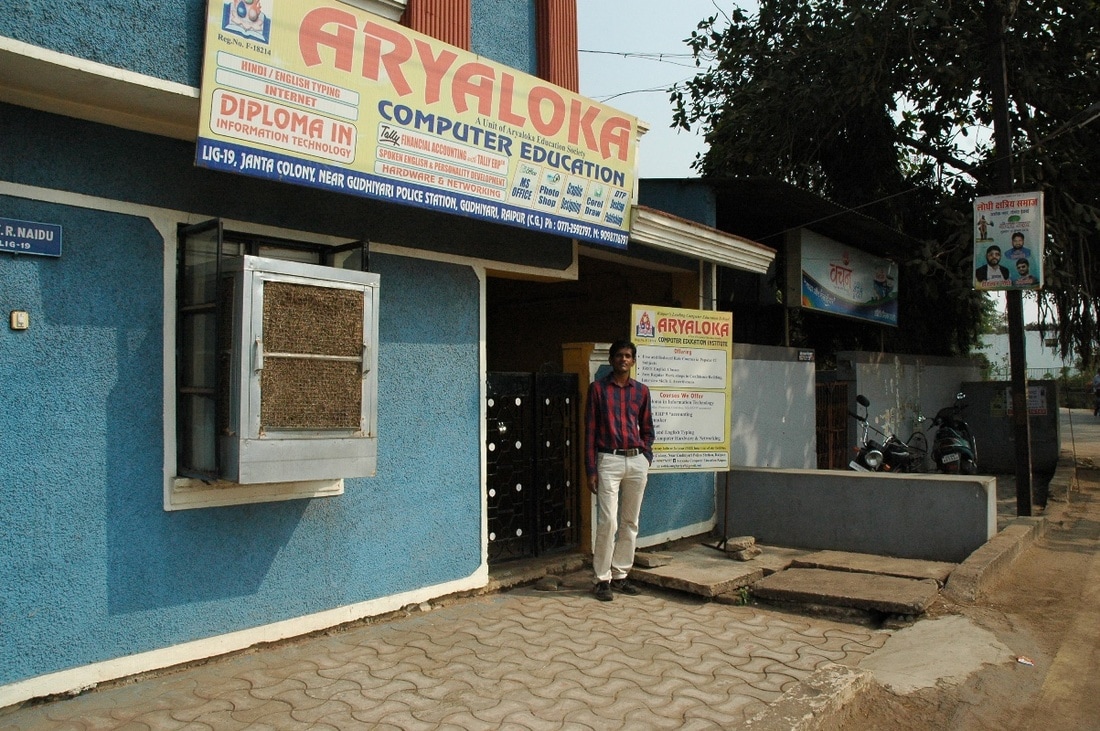
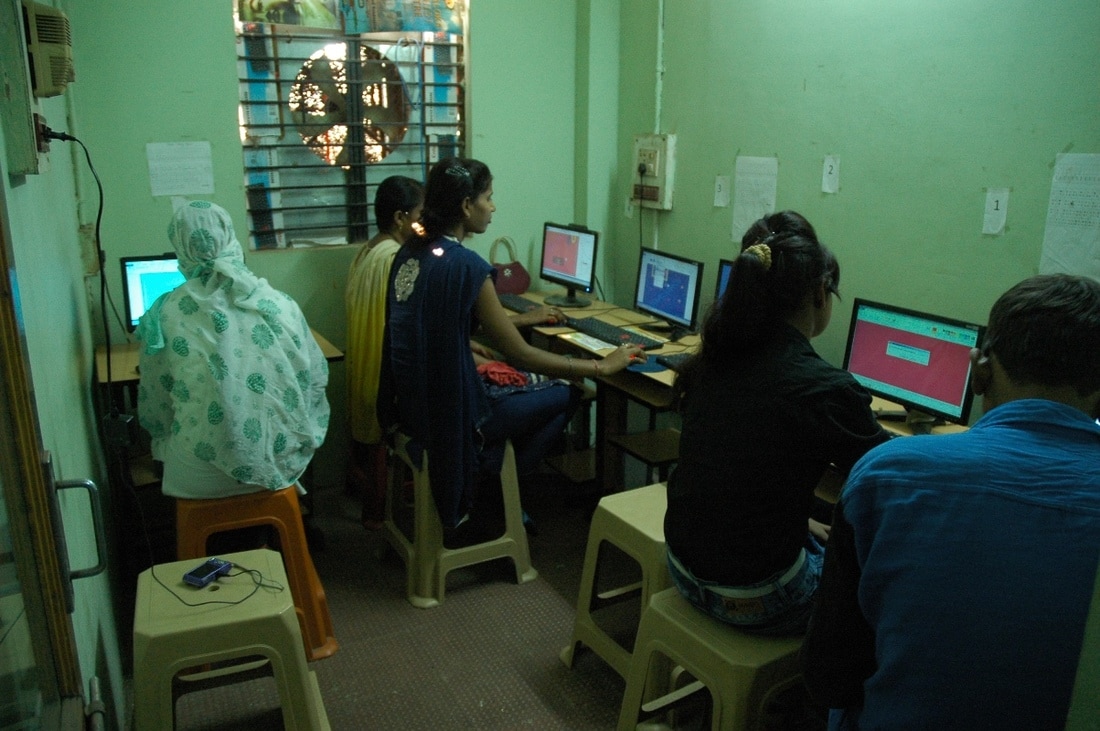


 RSS Feed
RSS Feed
